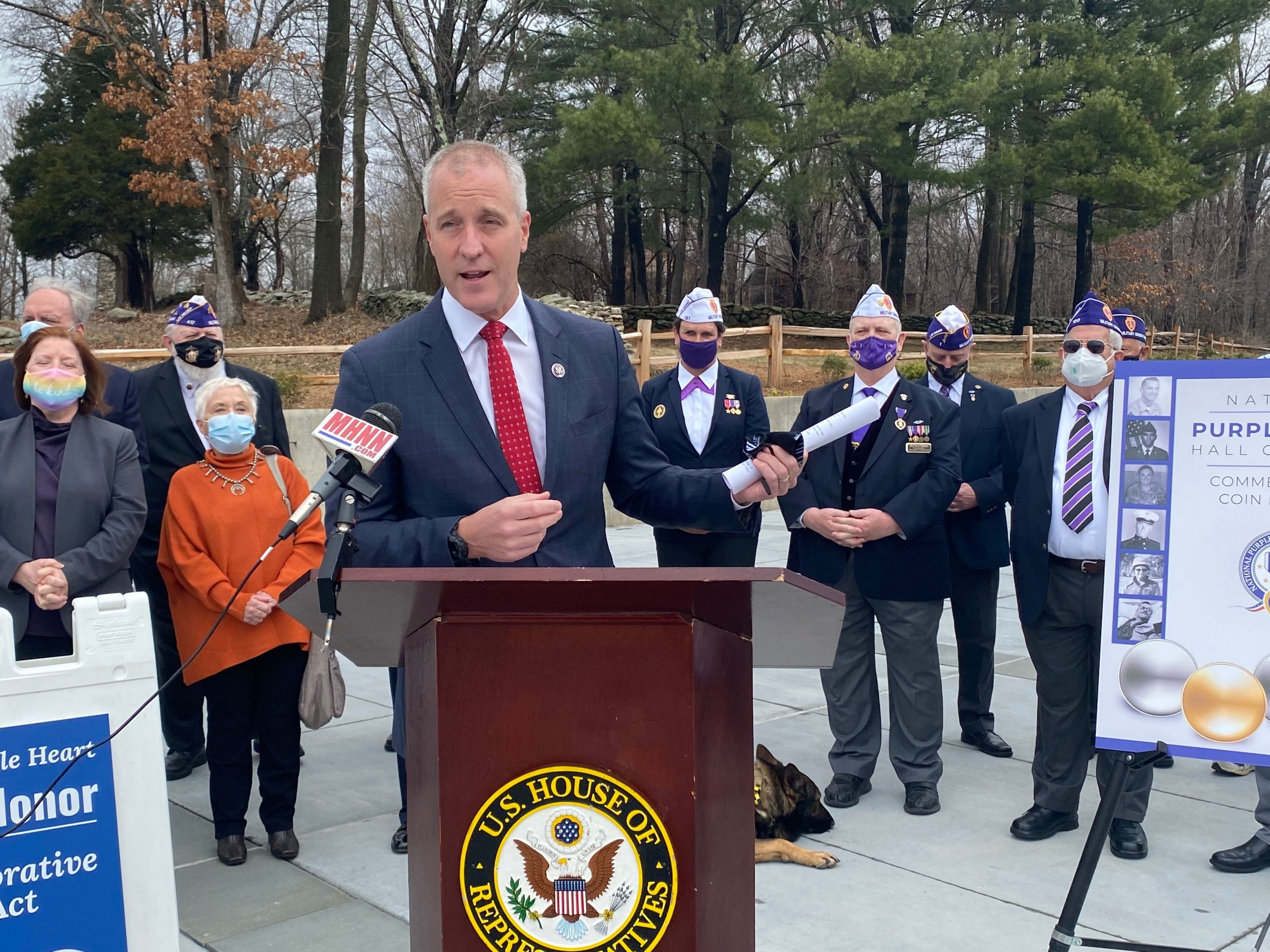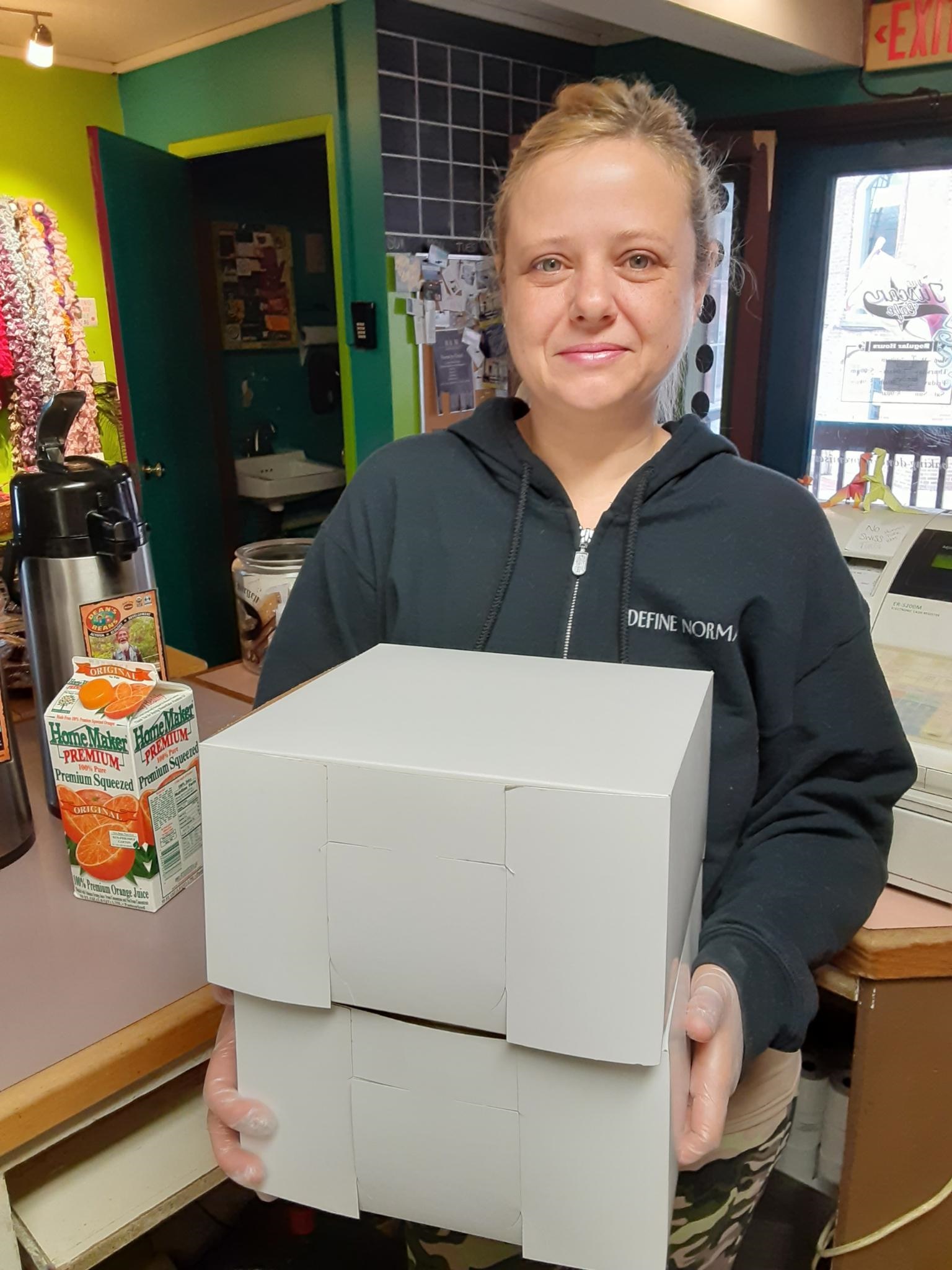By Katie Bisaro
In June 2020, Governor Andrew Cuomo signed Executive Order 203 (EO 203), New York State Police Reform and Reinvention Collaborative, in response to several incidences of police-involved deaths of unarmed civilians, “predominantly black and African-American men” in both New York State and nationwide, and the resulting protests and demonstrations.
EO 203 directs local governments that have a police department to perform a “comprehensive review” of police strategies, polices, procedures and practices and develop a plan for improvement. The local governments were also tasked with addressing “any racial bias and disproportionate policing of communities of color.” The full text of EO 203 can be found at: https://www.governor.ny.gov/news/no-203-new-york-state-police-reform-and-reinvention-collaborative.
As directed, a community panel was created, led by Town Supervisor Michael Sweeton and Warwick Police Chief Thomas McGovern as the heads of the municipality and police force respectively, that included community stakeholders who gathered to discuss such topics as racial bias, use of force, de-escalation and conflict resolution, accreditation and community relations.
The community panel held two meetings, both livestreamed for public viewing, on Mon., Oct. 26 and Mon., Nov. 16.
In accordance with EO 203, Supervisor Sweeton and Chief McGovern drafted a document, Town of Warwick Police Reform & Reinvention Collaborative Plan, that, once finalized and adopted by the Warwick Town Board, will be submitted to the State as required by April 1. The Collaborative Plan is available on the Town website, www.townofwarwick.org. The draft document indicates that the WPD had begun, prior to EO 203, a review and update of its policies and procedures.
Public Offers Input on Collaborative Plan
On Tues., Mar. 9, Sweeton and the Town Board hosted a public Zoom meeting and invited all who were interested to speak on the document before it was finalized. Over 30 people connected to the Zoom session, many of whom spoke and offered input.
Throughout the Zoom meeting, those who spoke touched on a variety of topics within the Collaborative Plan, including the need for a community survey; the availability and use of a civilian complaint form; bias training; police force recruitment; mental health responses and resources; school resource officers (SRO); and next steps in finalizing the document.
The majority of those who offered comments felt that the document was “watered down” and did not go far enough to address the issues they believe the community is facing, particularly the black, indigenous and people of color community, commonly referred to as BIPOC. Additionally, the make-up of the community panel was called into question.
“I am disturbed at the way this situation was handled with the fact that there were not enough people of color on this committee whose voices needed to be heard…people who are not head of organizations or part of church groups; people who have day-to-day negative interactions with police; people who have had negative interactions throughout the Village of Warwick and the Town of Warwick as well,” stated Luisa Fuentes, a former Orange County prosecutor.
Lack of Public Survey
A number of participants were disappointed that a public survey was not conducted prior to the community panel discussions to better gauge the current relationship of the BIPOC community with the police department. Fuentes encouraged Sweeton and the committee to hear the voices of “those who were not allowed to speak, who were not asked to participate and were not given the opportunity to fully express ourselves.”
Going forward, the Collaborative Plan does include a provision to “conduct an annual community survey to determine the effectiveness of these reforms and how the community perceives policing in our community.”
Civilian Complaint Form, Review Board
Resident Allen Clarkson asked if a “Civilian Complaint Review Board,” or similar, comprised of community members would be created for those who have an issue but may be reluctant to go initially to an “official.” Mediation was also offered as a possible way to address issues that come up between the police and members of the community.
Sweeton’s position on that matter, as he has previously stated in the community panel meetings, is that a board of that type already exists in the form of the elected Town Board in the Town of Warwick. He explained that the process has been made easier by putting complaint forms on the Town website, eliminating the previous procedure of having to go to the police department to file a complaint.
A Town Board member, who is designated as liaison to the Police Department, will receive the complaint form and launch an investigation as required. Sweeton feels this makes the process easier as there is no one between the complainant and the Town Board liaison who will be initiating the investigation.
Complaint Form on Website
It was mentioned during the Zoom session that the complaint forms are not easily found. To find the form on the website, go to www.townofwarwick.org, click on Departments, then Police Department in the dropdown menu. Under More Info on the Police Department page, click on Police Department Forms. The forms are available in both English and Spanish.
Other information available on the Town website, according to the Collaborative Plan, includes all required [police] policies and procedures; annual summary reports of police activities including calls for service and complaints and their findings.
Training, Hiring & Recruitment Processes
The first point of the Collaborative Plan details ways in which increased training will be included for the police department, officers and dispatchers, four hours minimum, in the following areas: implicit bias, de-escalation, procedural justice, community relations; and crisis intervention. Several speakers indicated that the training should go well beyond the minimum. In the document it was noted that the panel recommended the yearly training be “engaging with real life examples from community members as part of the curriculum.”
Several speakers expressed frustration with the recent announcement that the police department had hired six new police officers, none of whom were persons of color. There were several comments about the need for focused recruitment among members of the BIPOC community, perhaps learning from other municipalities who have been successful in this effort.
Sweeton explained the hiring process, which the Town must follow in accordance with municipal civil service law. Candidates are drawn from a list of those who successfully pass written and physical exams. The Town is supplied with a list that they work through, in order, for the remainder of the hiring process.
Sweeton acknowledged the process is “stacked” against someone who decides to pursue a career in law enforcement but is forced to go through the lengthy testing process. He offered to help reach out to “encourage young people early on to get into the process.”
Mental Health Resources
Concerns regarding mental health crises and providing appropriate intervention were brought up, including appropriate training. Mary Makofske pointed out that it takes a “special kind of understanding and a special kind of behavior; there has to be special training for that.” She went on to say that mental health professionals should be the first response with support from police.
The Collaborative Plan calls for an effort to “advocate for more resources for the Orange County Mental Health Department so it can provide more assistance and training for local police departments.”
School Resource Officers
There were differing opinions on the presence of School Resource Officers (SROs) in the school districts throughout the Town.
Joan Tirrell, who spoke at length regarding the committee’s efforts and the resulting document, commented that she felt that SROs should be taken out of the schools as she feels they “militarize our schools [and] disproportionately target immigrant and BIPOC children, alienate students from school culture, criminalize student behavior that is better addressed by school leadership and not by law enforcement.”
Tiffany Howell, a ten-year resident who has worked in counterterrorism for New York City, disagreed with taking the SROs out of the schools.
“It will take only one incident for something really horrible to happen, so I really hope that you will not take police out of the schools. My kids have had great experiences with the school cops and so have their friends, I haven’t heard any complaints about them whatsoever,” Howell stated.
In the Collaborative Plan, a planned effort to strengthen the connection between the WPD and young people through SROs is included as are efforts to “encourage POC to pursue careers in law enforcement.”
Additional Outreach Efforts
Additional outreach efforts include engaging a Spanish Language Interpreter to help Spanish-speaking residents interact more easily with the police. Carmela Borrazas, who was unable to connect in to speak, did offer, via the chat feature, to help with this effort. She is a native Spanish speaker and also fluent in Portuguese. Sweeton asked her to contact him at Town Hall to discuss the matter further.
According to the Collaborative Plan, each police officer will be provided with a business card containing their name, contact information and shield number to be given to anyone interacting with that officer.
The Police Department also plans to increase community outreach beyond the current efforts listed in the draft document by reaching out to the Spanish-speaking community, new residents and conducting workshops on police/civilian interactions.
Hate Crimes
The Collaborative Plan specifically identifies a plan for dealing with hate crimes in the Town of Warwick. The Town will designate the Detective Squad as the direct contact for reporting any incident of a hate crime for “priority investigation and resolution to send a strong message [that] hate will not be tolerated.”
Ongoing Process; Next Steps
Shawnee Moore, a retired member of the Internal Affairs Bureau of the NYPD who served on the Community Panel, commented that the Collaborative Plan is a good “first step,” but it needs work and there is room for improvement. She would like to extend the July 1 deadline to approve the updated police policies and procedures, a process that began prior to EO203, to allow the community to continue to engage in the process of police reform.
“The only way that there will be change is if everyone stays involved and remains involved and continues suggestions and continues concrete plans to make change,” Moore stated.
Sweeton reported that he and Chief McGovern will weigh the comments and input regarding the Collaborative Plan and will also share them with the panel. According to Sweeton, EO 203 “explicitly requires” him and the Chief to put the plan into its final form that will go before the Board for approval.
Sweeton also acknowledged that it is all an “ongoing process” and he is happy to continue the discussions. He pointed out that, as part of the Collaborative Plan, the Town of Warwick Quality Communities Committee will be brought back to discuss, according to the document, the “many wide-ranging issues facing our Town.” The Committee would meet quarterly and at least one WPD representative will be included on that committee.
With regards to requesting an extension to the April 1 deadline to submit the approved Town of Warwick Police Reform & Reinvention Collaborative Plan, Sweeton indicated that, after calls to the Association of Towns, he didn’t think extensions would be entertained and he did not plan to seek an extension.
A recording of the Zoom session can be accessed through the Town website, the link is available on the bottom right of the home page.

Shawnee Moore, a retired member of the Internal Affairs Bureau of the NYPD who served on the Community Panel, commented that the Collaborative Plan is a good ‘first step,’ but it needs work & there is room for improvement.






